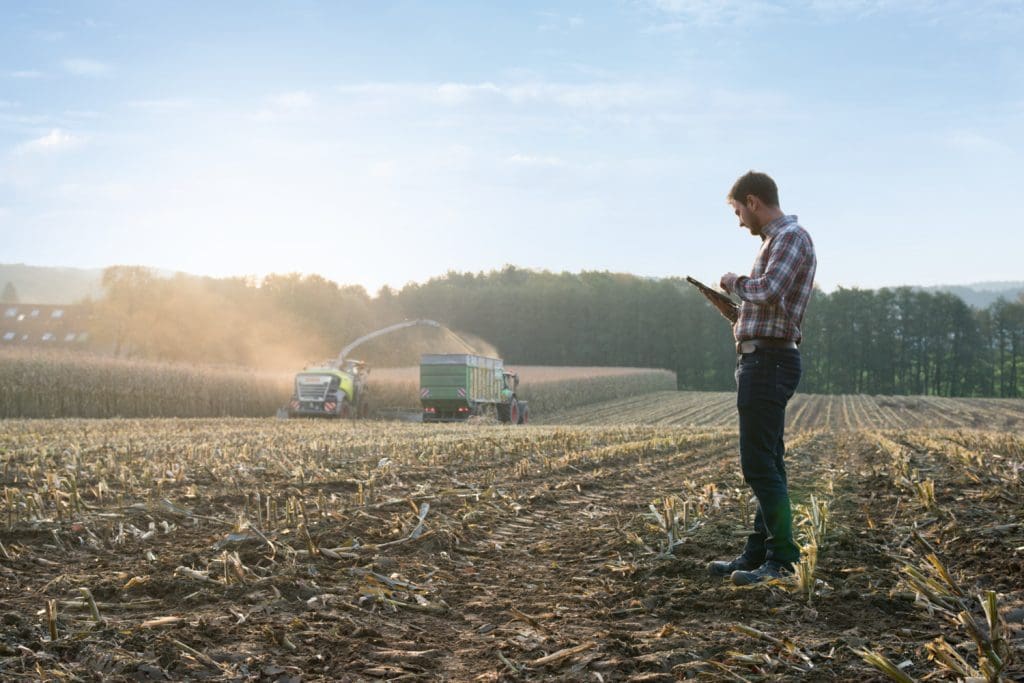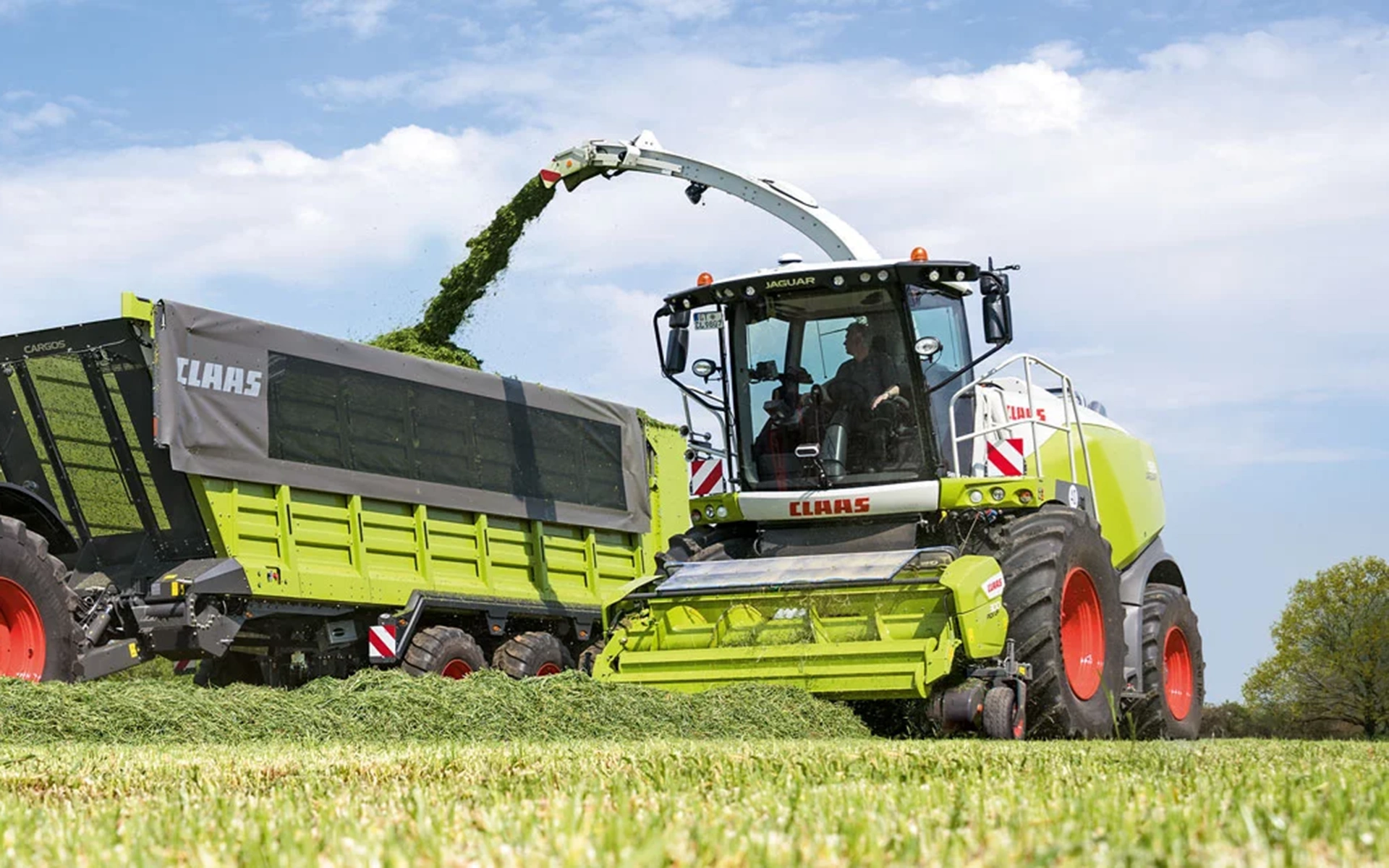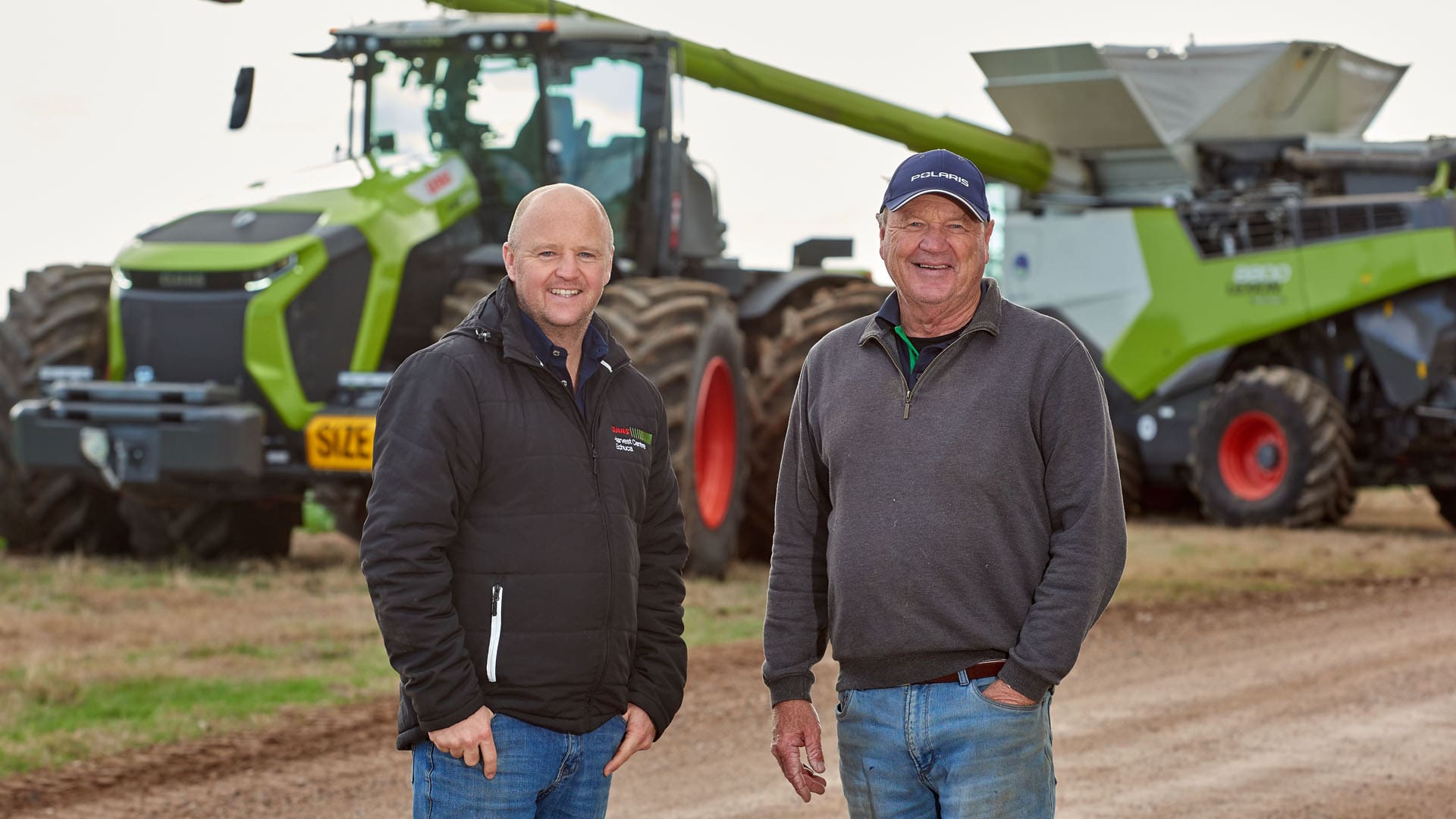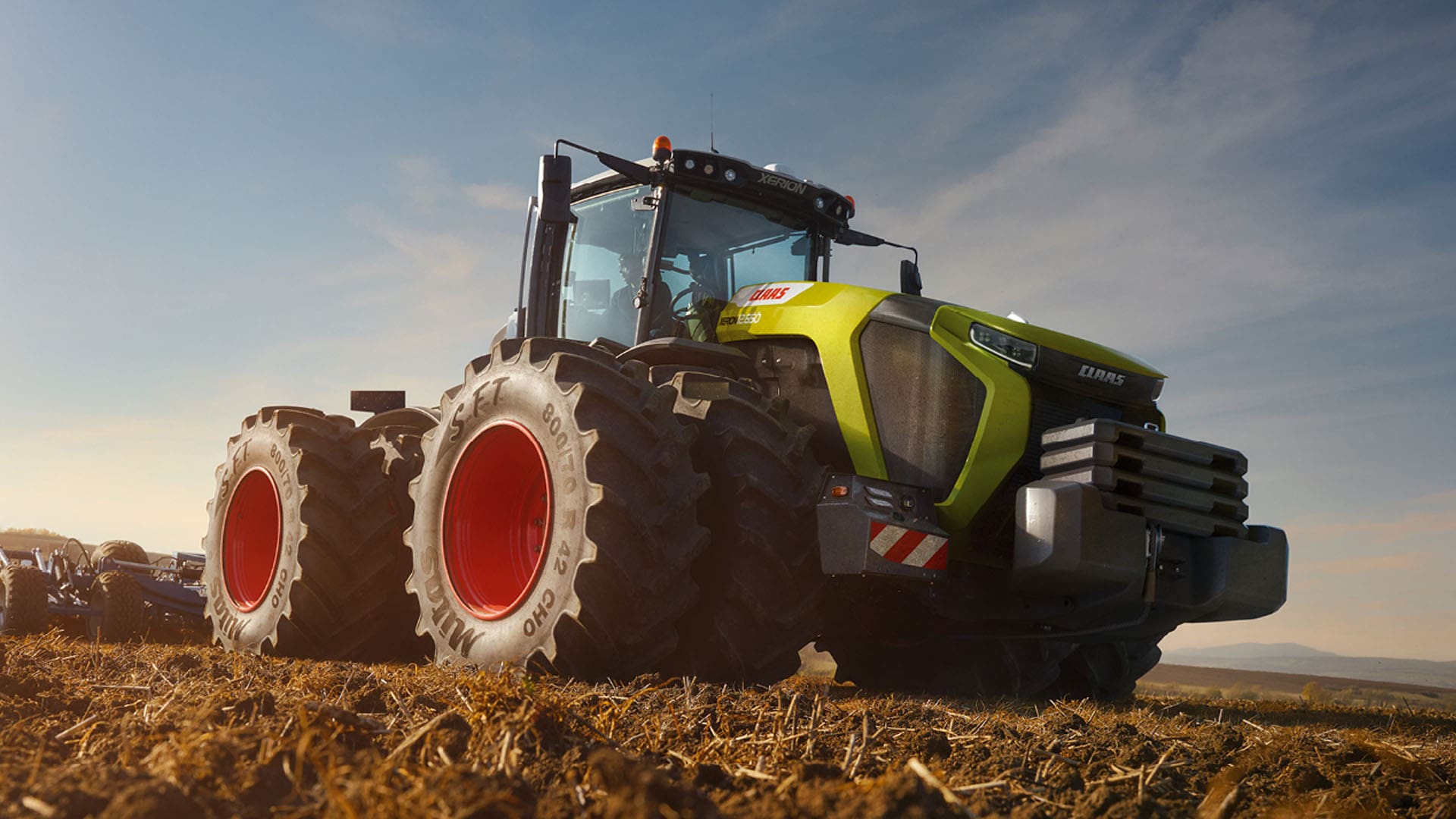CLAAS
Founded more than a century ago, the CLAAS product portfolio includes cutting edge machinery, and state-of-the-art farming information technology.
About the CLAAS Brand
Founded in 1913, by the visionary August Claas, CLASS is one of the world’s leading manufacturers of agricultural engineering equipment and is in its fourth generation of leadership with Cathrina Claas at the helm. The company, with its headquarters in Harsewinkel, Westphalia (Germany), has been represented in New Zealand since 1987, and in Australia since 1997, by our own family-owned Landpower business.
What our customers are saying.
Deals & Offers
History of CLAAS
Highlights from the Factory


Find a Dealer
Need quality machinery and local support? Find your nearest CLAAS Harvest Centre dealer. We’re here to help you get what you need, close to home.










